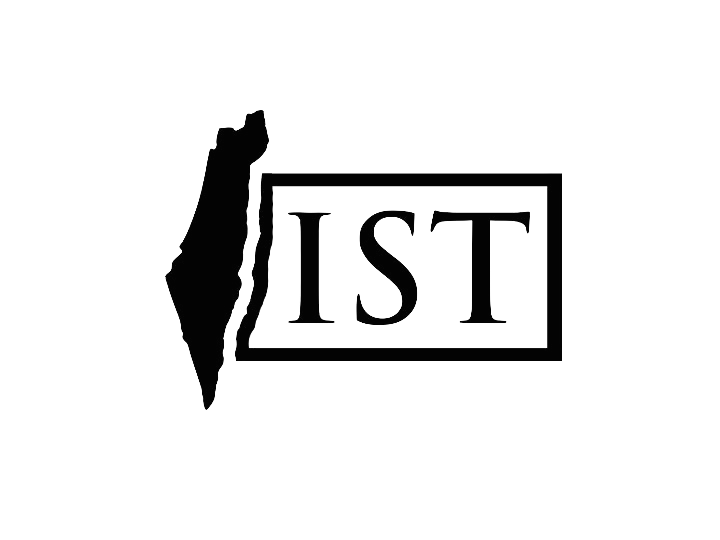My grandfather Shmuel was born here, in Warsaw, on what he remembers to be 2 Polyoka street. He was born to a loving mother, whom he adored, and a strictly observant father. He was one of four children, the youngest in a traditional Gerrer chassidic family. They weren’t very wealthy. His father owned a small bookshop. He was an avid learner, and grew to be a star student in the famous Mesifte Yeshiva.
I could not tell you the hardship my grandfather endured. Not in five minutes, not in ten, not in any span of time save a life. In the words of Ernest Hemingway, putting some things into words is pointless because it just diminishes the meaning,
Even before the war, conditions were tough. He had very little food and was beaten every day walking to Yeshiva by groups of boys. Nevertheless, He lived and breathed words of Torah. Despite the looming cloud of Hitler’s power, he clung to tradition.
When the war hit, my grandfather lost everything. His yeshiva burned to the ground, and he was forced to live underground with his parents, two sisters and brother. When the Germans found them, they were sent on a death march, which he escaped together with his mothers and sisters. He left behind his father and brother.This was the last time he saw them. They fled east, but eventually the Germans caught up, and he lost them too. His mother, whom he loved more than anything in the world, commanded him to save himself and leave them behind.
His mother and sisters, whom he never raised his voice to or said a harsh word, were locked in a synagogue in Babruysk and burned. Some time later, his brother and father died in Treblinka.
The last words he had from his brother were contained in a single letter which had been smuggled, which said simply ‘I know the world seems G-dless, but do not lose faith’
He was the only member of his family who survived. No relatives, no uncles, no cousins.
So he ran. He ran 120 kilometers into Eastern Europe along train tracks, jumping onto passing trains for food. He ran, subsisting off the moisture from mud and the grimy filth of swamp water. He ran, catching frogs and turtles, devouring anything just to keep running. He let city lights guide him, meaning he was blind in the daylight, but with the will to survive, to make a legacy for those he had lost, he tore through desolate Russia with a faint flame of hope still kicking. And it kept him alive.
He was sixteen.
I say Kaddish here because this is where it all went wrong.
I say Kaddish here for the people you never got to meet.
His book-worm little sister Miriam. His rebellious sister Chana, who was engaged before the war broke out. His brother Yisrael Mordechai, who had a razor sharp intellect. His stern but loving father Avraham, his caring sagely mother Golda.
I say Kaddish for them and for the thousands of other lives that were stolen. Those that were close to me and those that were not; The tragedy is fully encompassing.
I say Kaddish, so that their souls may rest in the knowledge that someone has come back to acknowledge the tragedy that occurred, and make sure nothing like this will ever happen again.
